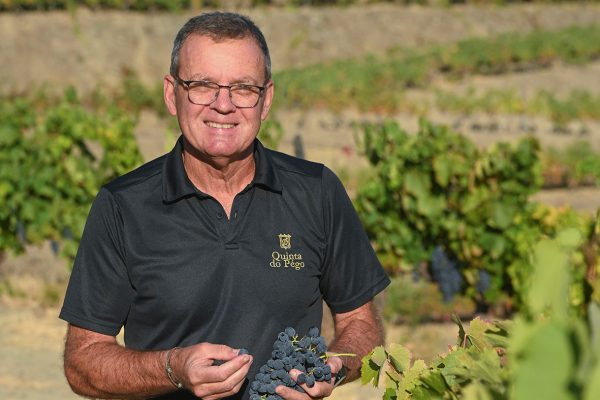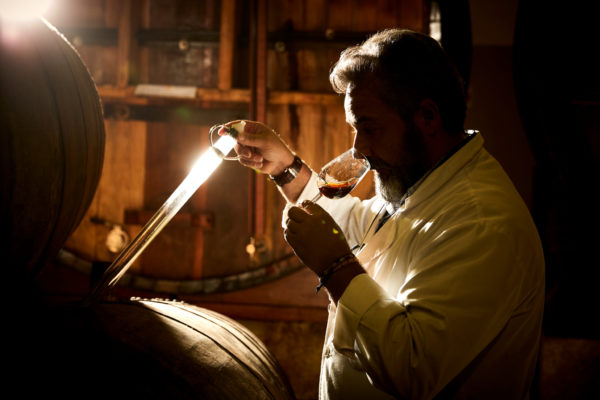
Born October 21, 1960 in Durbanville, South Africa.
Completed High School in 1978 and subsequently spent two years in the Navy.
Graduated with a B Sc. Agric degree from the University of Stellenbosch in 1984, majoring in Oenology and Viticulture.
Started winemaking career in 1985 at Stellenbosch Farmer’s Winery in Stellenbosch.
Appointed as red wine maker at Nederburg Wines from 1989 to 1992.
In 1992 appointed as cellar master at the newly build Plaisir de Merle Cellar.
In 1992 worked a harvest at Château Margaux in Bordeaux under the seminal influence of Dr Paul Pontallier. Worked in close collaboration with Pontallier, which continued to consult with Plaisir de Merle for over a decade, visiting South Africa at least once a year to taste and blend with Bester.
In 2021, after nearly 30 vintages at Plaisir de Merle, established Niel Bester Wines with the focus on his own range of red wines and also consulting to a few clients.
Joined the Quinta do Pégo team in 2021 for his first harvest in the Douro Valley in Portugal.
Bester’s career is decorated with awards and critical acclaim, though he says: “There are always opportunities to improve on quality; there is no time to become complacent with what you have achieved.”
Other achievements:
Niel is married to Marié, has two children and lives in Paarl, South Africa. When not focusing on his wine making, you’ll find him outdoors, be it by the seaside, running a mountain trail or exploring the country-side in his 4x4 or on his adventure motorcycle.

Born in Vila Real – July the 2nd, 1965.
Degree in oenology by UTAD – Universidade de Tràs-os-Montes e Alto Douro – Vila Real.
From 1987 performs functions of oenology and since 1994 as Tecnical director of ROZÈS, S.A. Port wines and Douro’s.
From 2005 to 2008 - Panel member of the tasters Board of IVDP for Douro’s DOC.
Since 2010 - Member of the Advisory Panel (approvals resources for Douro’s origin designation).